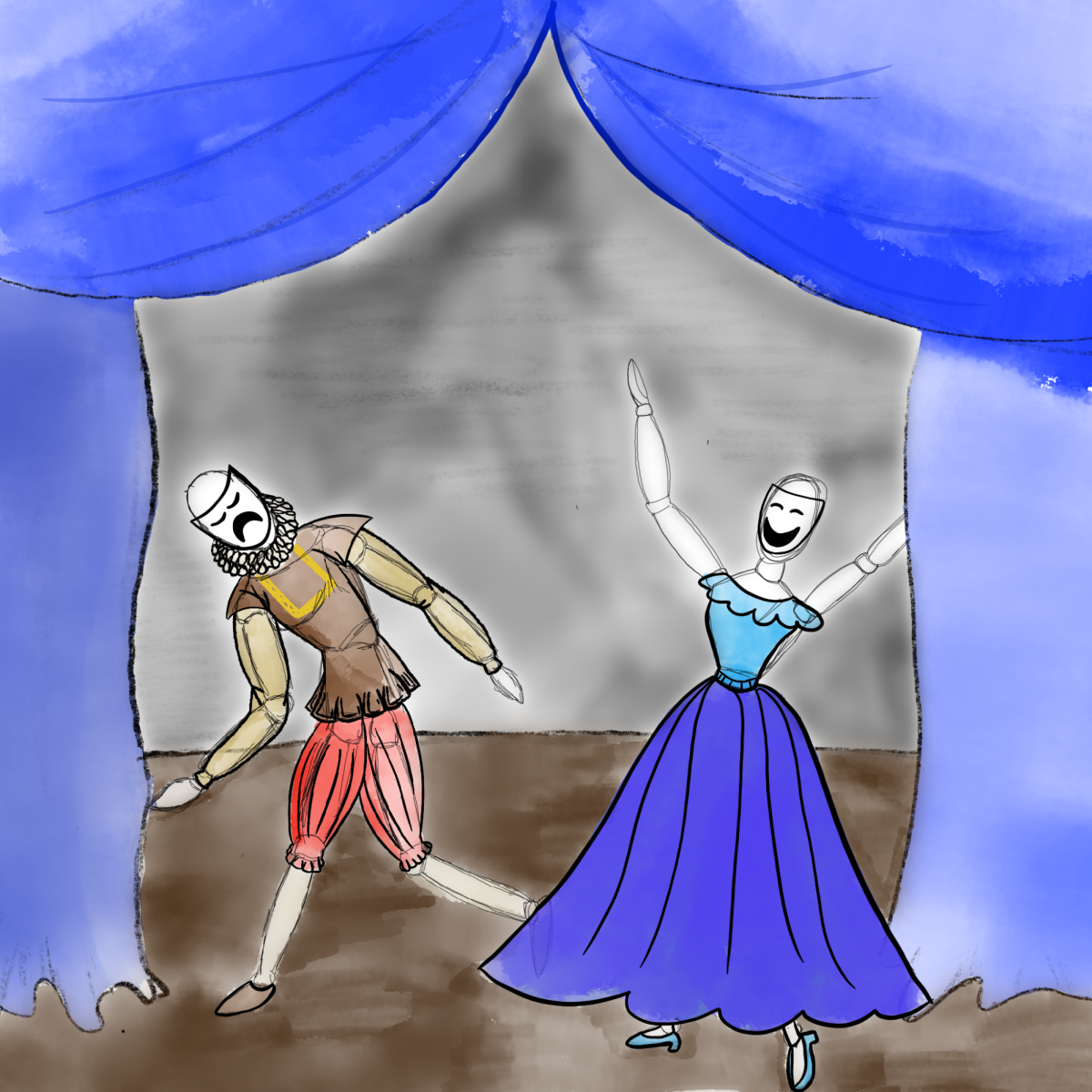The development of the blogging world over the past decade or so has resulted in an explosion of wonderful popular science writing. Science news coverage was once limited to only the most significant stories, but now we have thousands of experts in specific fields updating readers on a daily basis, often with colorful commentary.
Among the best of the best is Paul Z. Myers, also known as PZ Myers, a biology professor at the University of Minnesota, Morris. Myers writes for Pharyngula, a blog focusing on science, skepticism and atheism. Thanks to Myers’ insightful, direct and often witty writing, Pharyngula has developed a monthly readership in the millions. Myers recently published a light but enjoyable compilation of essays about his feelings towards religion in his first book, “The Happy Atheist.”
And, though the title isn’t meant ironically, it takes no more than a few pages for Myers to make it clear that whatever it is he’s happy about, religion ain’t it.
“Mainly what religion does is make people believe ludicrously silly things, substitute dogma for reason and thought and sink into self-destructive obsession as they fret more over their reward in the next life than their accomplishments in this one,” Myers writes.
Gee, PZ, tell us what you really think.
One of his favorite examples of religion’s lunacy involves an incident he refers to as “Crackergate,” in which Myers held a communion wafer hostage, threatening to do something unspecific, but horrible, to it (other than, for instance, chew it up, swallow it and let his stomach acids dissolve it). The Catholic community responded with enough emails to overload his inbox, ranging from pleas not to harm the cracker to retaliatory threats.
Unfortunately, this kind of personal and specific example of religious absurdity is hard to come by throughout the book. Myers isn’t cherry-picking or even incorrect about most of his points, it’s just that the bulk of his examples (including, for instance, the repeated attempts by fundamentalists to push creationism into schools) are old news by now, already covered just as well by others.
This isn’t to say that Myers is a bad writer. Far from it: He’s quite a good one and it’s unlikely Pharyngula would have reached its current popularity were it not for his written voice. Rather than dance around issues, Myers addresses them head on, using ridicule as his primary rhetorical device, giving the religious community more logs to add to their “atheists are insensitive” fire, much to the chagrin of the accommodationists in the community of non-believers.
Perhaps they’re right, but it’s hard to argue that the mocking tone doesn’t make the writing more fun to read.
For this reason, though, “The Happy Atheist” won’t win many converts. And that’s the biggest problem with the book: It’s unclear who the intended audience is. The opposition won’t respond well to Myers’ sarcasm, but there’s also nothing new here for those who read Pharyngula on a regular or even semi-regular basis. Sure, these words may not have appeared on the blog in the order the book presents them, but the content remains stuck in familiar territory.
Myers is a busy man, juggling his research, teaching, public speaking and blogging (not to mention desecrating crackers), but perhaps for his second book he should tackle a more ambitious or specific topic, such as one area of belief that particularly bugs him, like treatment of women or inherent racism. His first effort is by no means a failure, but considering the wealth of wonderful books on atheism already fighting for shelf space, “The Happy Atheist” is somewhat insubstantial and unnecessary, which is ironic since Myers wouldn’t hesitate from applying either word to religion itself.
Title: “The Happy Atheist”
Author: PZ Myers
Genre: Religion/Philosophy
Pages: 208
Recommended for Those Who Enjoyed: The God Delusion, God Is Not Great, Pharyngula blog














